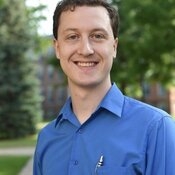Helen Riess P'13 P'15: Teaching Empathy
| by Christopher Donohue
Helen Riess is the Co-Founder and Chief Scientific Officer of Empathetics, Inc., an organization working with medical professionals to develop greater interpersonal skills and teach the “neuroscience of emotion.” Empathetics Inc. has extended its resources all around the world, including into South Africa, Europe, Australia and Canada.




